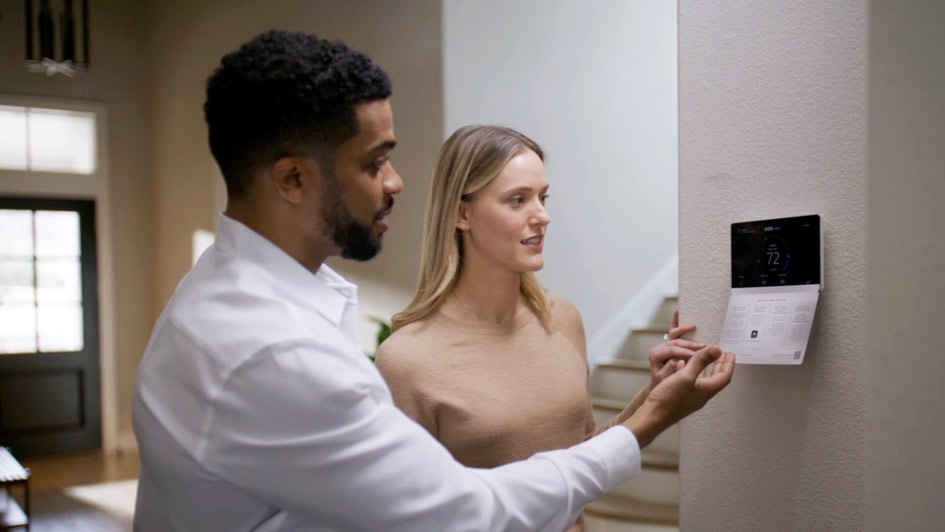
Buying your first home is thrilling. You’re likely juggling a dozen things or more to ensure you’re making the right choice. We believe that gaining insight into your potential new HVAC system is vital. The property’s HVAC system represents a substantial investment and source of potential long-term costs, which is why due diligence should be a top priority for first-time homebuyers.
In this guide, we’ll share seven tips for learning everything you can about a home’s heating and cooling system. And if you want a more in-depth opinion from the pros, consider calling Dearing's Service & Solutions. Our staff can help you compare your options with industry insights that are second to none.
1. Which Kind of HVAC System Does the Home Use?
Start by clarifying what type of HVAC system the home includes. Furnaces tend to last longer than air conditioners, and some of the latest types of HVAC products like heat pumps boast average life spans that are impressively long. Getting the details on the make and specific model ensures you have a much better sense of how much routine maintenance it might need.
2. How Long Ago Was the System Installed?
It also helps to learn how old the HVAC system is when you're considering a new home. On average, HVAC systems last about 10-12 years. Learning its approximate installation date helps you anticipate future maintenance needs or when it might break down. Older systems are at a higher risk of problems, so budgeting for a replacement unit might be needed faster than expected.
3. What Does the Warranty Cover?
Don’t forget to look into whether the HVAC system is still under warranty. If it is, this can lighten the load for maintenance expenses. HVAC warranties often cover parts and labor, but specifics will vary. Make sure you go over any terms that aren’t familiar to ensure you understand your coverage and any possible out-of-pocket costs.
4. Does the System Have a Documented Maintenance History?
Don't forget to check the maintenance history of the HVAC system, if such information is accessible. This service history can demonstrate if the repair needs are high or how often maintenance is performed. Ask about records for key tasks such as changing the air filter, which means it enjoyed more regularly scheduled tune-ups.
5. Do You Know Its Energy Efficiency Ratings?
Purchasing a home with a heating and cooling system with strong energy efficiency isn’t just smart; it leads to lower utility bills and less of an impact on the environment. Locate the seasonal energy efficiency ratio (SEER) ratings for air conditioning as well as the annual fuel utilization efficiency (AFUE) for furnaces. The higher the SEER rating, the more efficient the cooling over the whole season, while strong AFUE ratings indicate that the fuel is efficiently converted into useable heat.
6. Can You Spot Trouble During Your Inspection?
Even without the know-how of an HVAC technician, you should still check out the HVAC system yourself. Keep an eye out for potential issues that might have been overlooked. This includes strange noises, stubborn patches of the house that are too hot or cold and attempts at concealing any visible damage.
7. Is an Experienced HVAC Technician Available to Help?
If you're still hesitant to make an offer because of the overall state of the HVAC system, it's beneficial to get input from experienced HVAC professionals. They will be much more likely to catch things you might not, including leaking coolant, wiring issues or flawed ductwork.
A Call with Dearing's Service & Solutions Simplifies Your Home-Buying Journey
Choosing your first home should be thrilling, and Dearing's Service & Solutions can ensure it stays that way. Connect with us at 812-200-5844. We can go over the details about how our HVAC services ease your mind, giving you what you need to dive into home-ownership with confidence.
